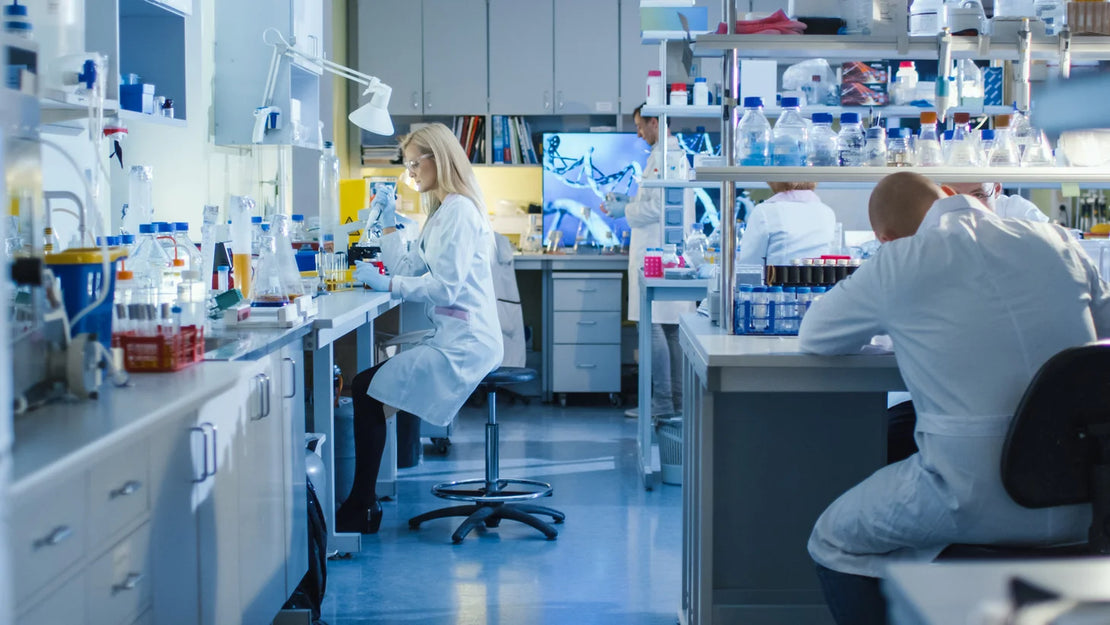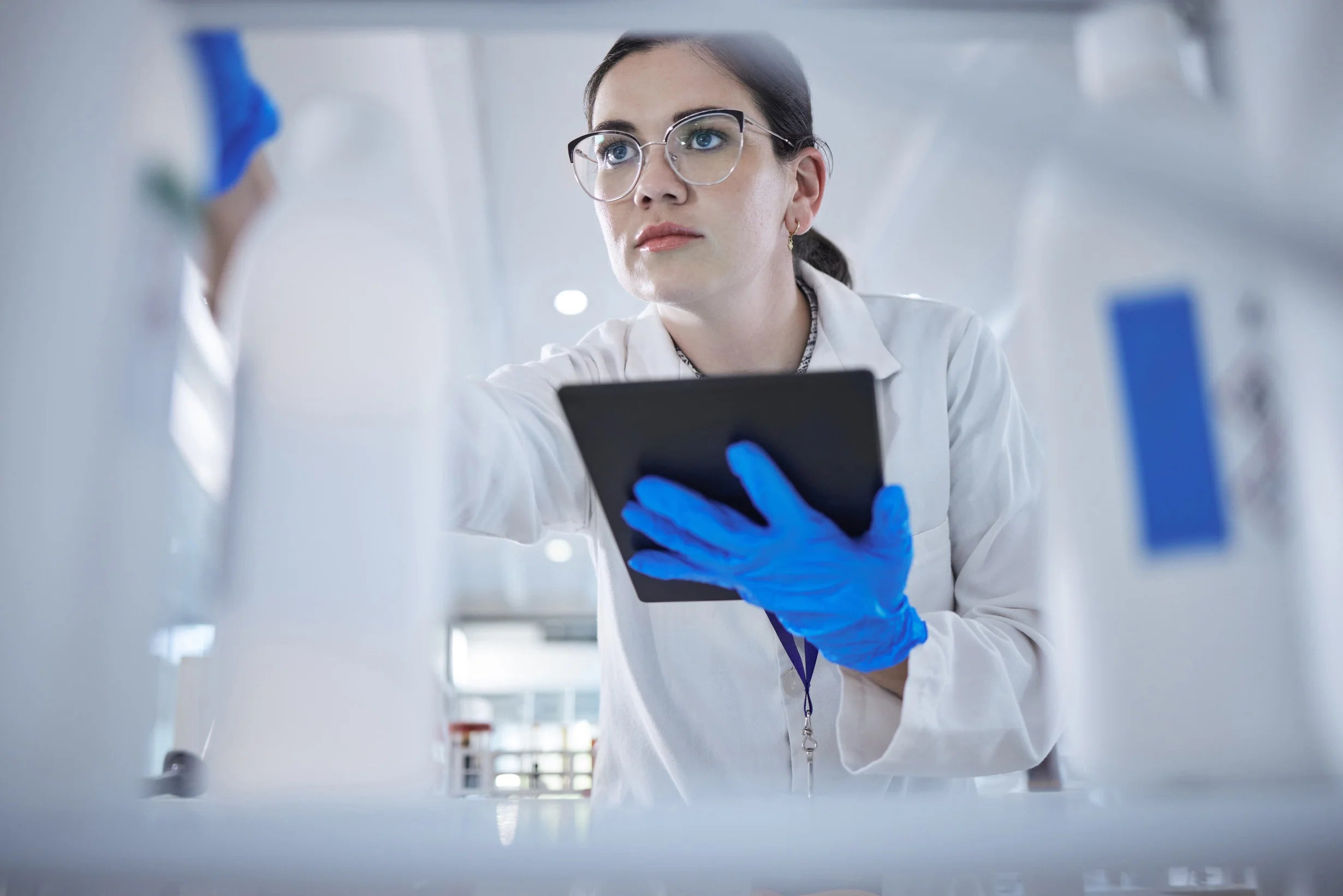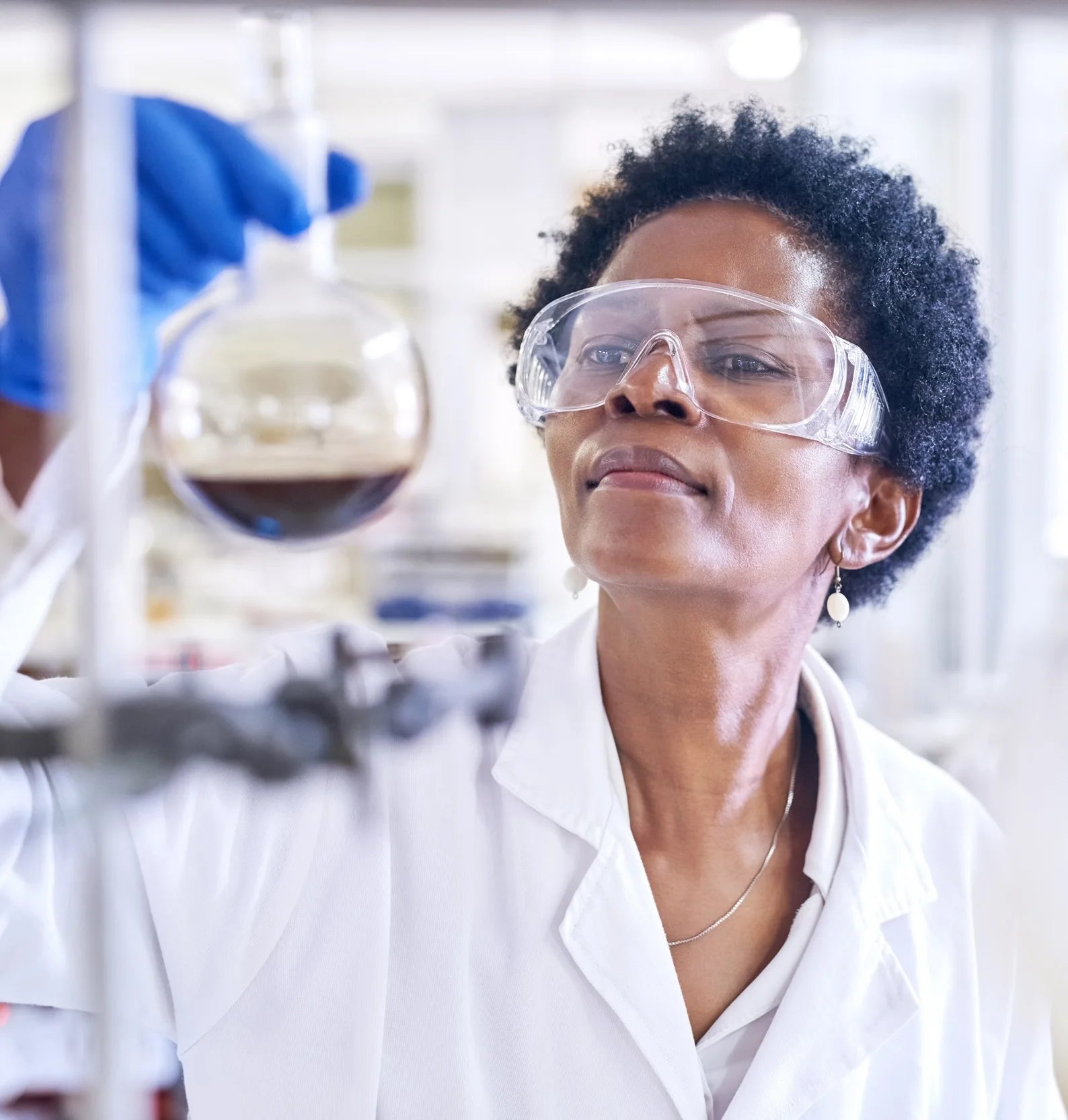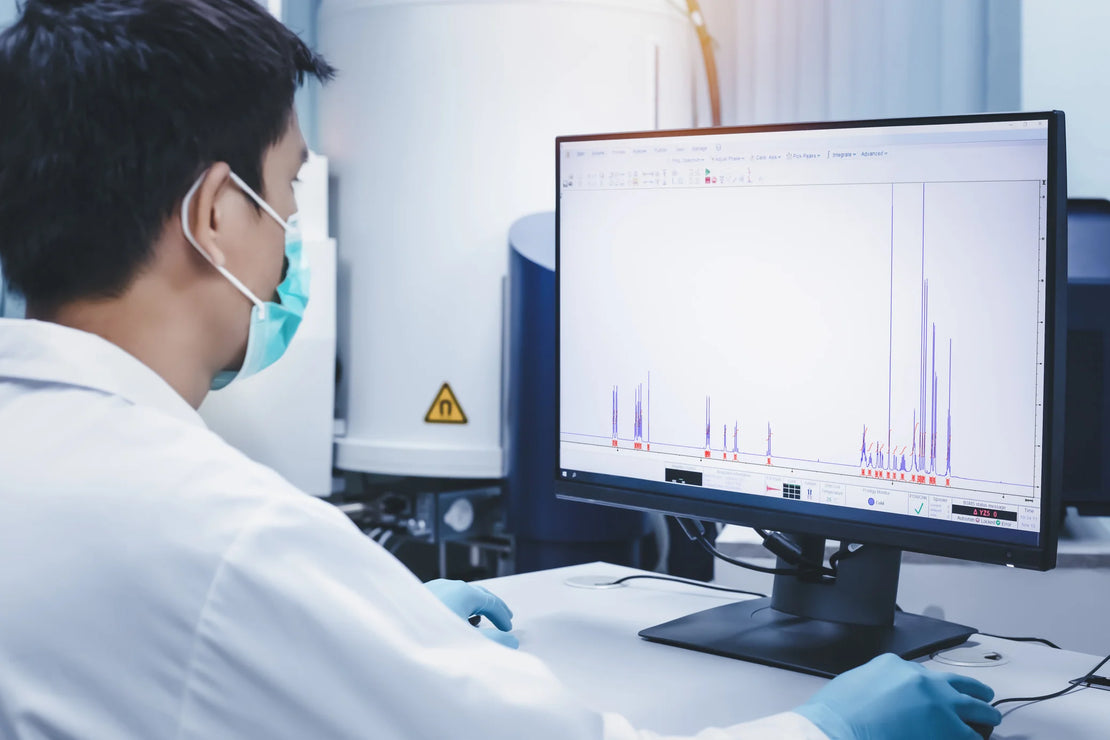Expert Advice to Optimize Your Syntheses
Process development plays a critical role in chemical manufacturing, as it involves designing and optimizing the manufacturing process for a specific chemical product into a safe, sustainable, robust and cost-efficient chemical process, yielding a high-quality product.

What is Process Development?
Chemical process development encompasses the design, creation, and optimization of chemical processes for producing a specific product or compound. This involves combining chemical and engineering principles to establish a process that is safe, efficient, and economical.
Process development is crucial for launching a new product, demanding a thorough understanding of the underlying chemistry, as well as the necessary equipment, raw materials, and process controls for production. Furthermore, it must address the environmental impact of the manufacturing process, aiming to minimize waste and reduce energy use.
Objectives of Process Development
The goal of process development is to create a safe, efficient, and cost-effective manufacturing process that can produce a high-quality product on a commercial scale. This process involves identifying the critical process parameters, optimizing the process conditions, and ensuring the product meets all quality and safety requirements.

Optimizing the process for efficiency

Ensuring cost-effectiveness

Meeting product quality requirements

Innovating new chemical products

Developing safe and environmentally sustainable processes
Steps of Process Development
1. Consultation with Customer
Before commencing the Process Development process, it's crucial for HFC to understand what the customer wishes to achieve.
2. Research and Development
This includes performing experiments and analyses to determine the chemical reactions and processes needed to create the desired product.
3. Process Design
The findings from the research and development phase inform the creation of a process design that outlines the equipment and conditions necessary for the production process.
4. Pilot Plant Scale-up
The process is subsequently tested at a pilot plant scale to confirm its feasibility for scaling up to a commercial semi-industrial level.
5. Optimization
The process is refined to boost efficiency, cut down on waste, and lower costs.
6. Commercialization
Once the process has been thoroughly optimized and tested, it can be commercialized and expanded for large-scale production.

Challenges of Process Development
Processes that can be easily managed at a small scale in the laboratory often require substantial modification to be feasible at a large scale in manufacturing settings. This is where process development plays a crucial role.
It serves two primary purposes: firstly, to produce increasing quantities of the active pharmaceutical ingredient (API), scaling from grams to semi-industrial scales over time to support ongoing trials and other development activities such as formulation. Secondly, process development refines the "recipe" to facilitate large-scale production in a timely, safe, and cost-effective manner.
Creating new synthetic processes involves a diverse array of chemical methodologies. These methods have been fine-tuned to ensure the creation of robust and efficient synthetic processes. Employing them demands a deep understanding of process mechanisms and reaction rates, determined through comprehensive analytical techniques. Moreover, knowledge of the available technology parameters for scaling up these processes is essential for managing this intricate task.


